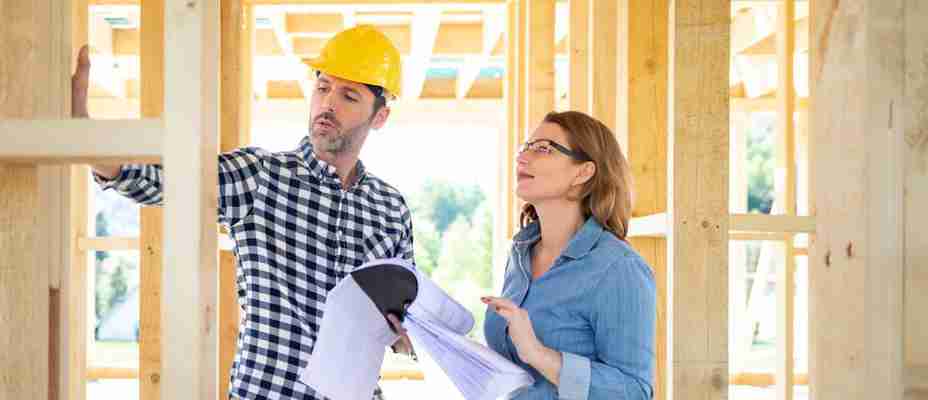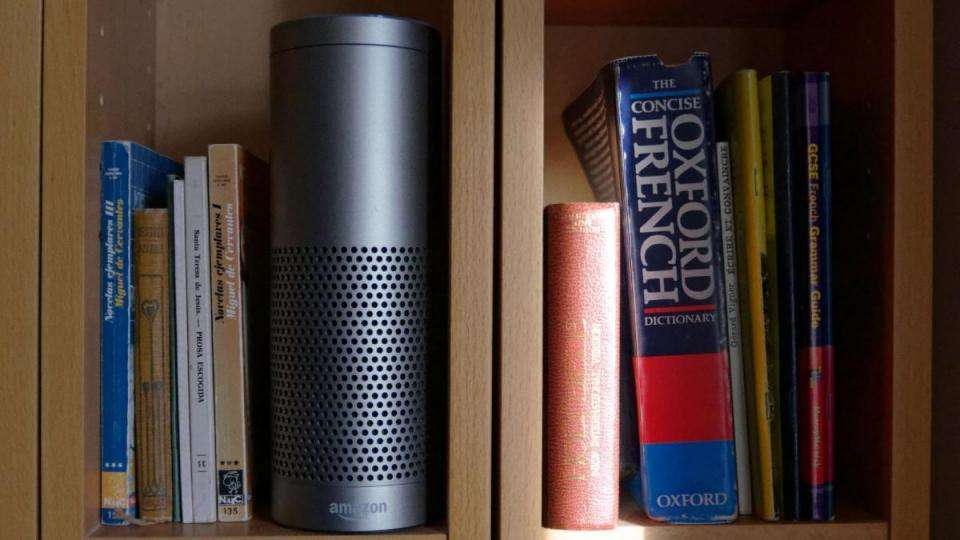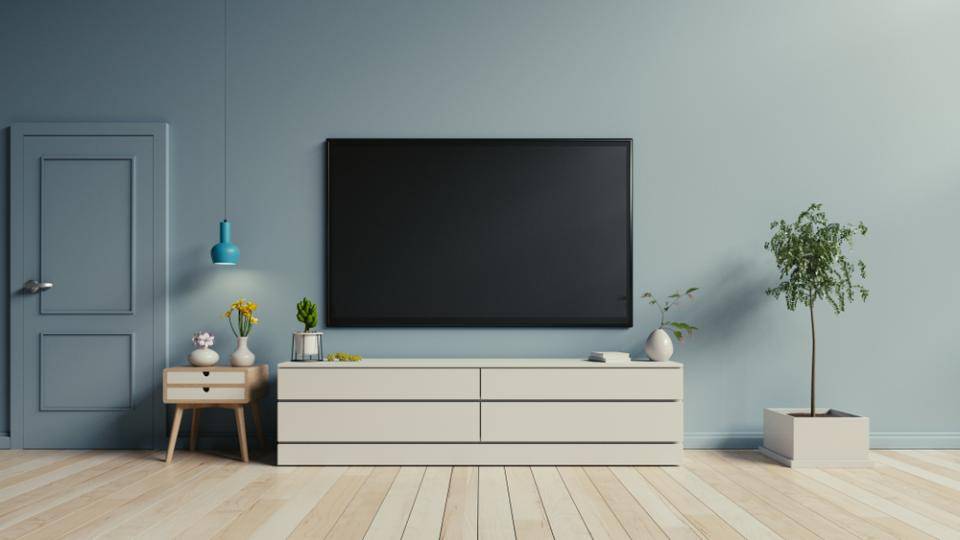March 23,2022
How Much Does It Cost To Build A House In 2022?
by David Stewart
Breaking Down The New Construction Work Costs

Before tackling any project, you should examine what it entails. That includes both the work involved and the prices. With that in mind, here are some of the most crucial steps when building a house and their average costs.
Plot Of Land
If you want to start your home on the right foot, you need to choose the land it stands on carefully. You can’t decide based on looks or good views alone, though. A plot of land may seem nice but could contain contaminants in the soil, come with high zoning costs or be prone to natural disasters.
As a result, it’s vital to do your due diligence and check all factors. Failing to do so can add thousands to your building expenses. In general, a plot of land may cost $3,000 – $150,000.
Lots tend to be finished in urban areas, meaning they hook into water lines, sewers and the electric grid. Comparatively, you’re more likely to find unfinished lots in rural areas, resulting in lower costs. The average per-acre cost of raw land in a rural area is only $3,380, according to the United States Department of Agriculture (USDA) Land Values summary.
Additionally, you will need to clear and prepare the land before building. The national average cost is around $2,680 per acre of lightly forested land, but heavily forested areas can cost twice as much or more.
Building Permits And Regulations
Once you purchase your plot of land, your contractors and subcontractors can start preparing. They’ll need to contact your local municipal office to receive the necessary permits. Sometimes a contractor already has a relationship with your municipality, speeding up the process.
Building permits are official documents that authorize you to begin constructing the property. The requirements, building codes and associated fees vary depending on where you want to build, though. So, it’s wise to check beforehand. During the construction process, a representative from the local Department of Building and Zoning will inspect the project to ensure it’s up to code.
Some of the permits you may need, and their average price range, include:
Building permit: $432 – $2,211
Basement permit: $1,200 – $2,000
Electrical permit: $10 – $500
HVAC permit: $250 – $400
Plumbing permit: $50 – $500
Contractor(s) And Labor Costs
A crucial figure in your project is the general contractor. This individual oversees the entire construction process of your home from beginning to end. They take on many responsibilities, such as obtaining cost estimates, vetting and hiring a team of subcontractors and ensuring deadlines are met.
A general contractor is technically different from a custom home building. The latter specializes in custom homes and draws up blueprints – two features the general contractor does not share.
A general contractor charges around 10% – 20% of the construction’s total cost, sometimes called “cost plus.” Some will agree to an hourly rate of $50 – $150 per hour, though.
After that, you need subcontractors. Each one specializes in a certain type of installation or task, such as security system installation or carpeting. They charge a similar hourly rate to general contractors.
Foundation
Breaking ground is the next step once you finish all the prep work. At this time, a crew comes in to dig out the space needed for the foundation of your home.
The foundation isn’t the same for every home, though. The company will pour concrete depending on the style you choose, including slab, crawl space and basement. The slab is generally the cheapest and basement is usually the most expensive. Crawl space tends to sit in the middle, cost-wise. The size will also influence how much you end up spending.
Your preferences and budget will determine which one you choose. However, each one has its advantages and disadvantages. The cost for a foundation averages $4 – $25 per square foot. The typical project costs around $8,450.
Here’s a cost breakdown by type based on averages:
Concrete slab foundation: $5,200 – $13,000
Monolithic: $5,200 – $13,000
Stem wall: $7,000 – $21,000
Pier and beam foundation: $8,000 – $15,000
Pile foundation: Minimum of $28,000
Basement foundation: $30,000 – $70,000
Framing
The frame acts as the bones of your home for you to build around. It supports all the finished features, including your windows, roof, doors, walls, and even garage (if you want one). The overall cost includes both the labor and materials.
So, you will need to factor in how long it will take to complete this part, along with the amount of materials needed. As a result, a bigger or more complex home will likely cost more.
Usually, you can depend on the framing to cost $20,000 – $50,000.
Exterior Work
Once you finish the basic components of the interior fixtures and drywall, you start on the exterior. That involves installing features such as doors, roofing, walls and windows. This may also be the step where the builders work on walkways, driveways, and patios. But some crews prefer to wait until the very end to pour the driveway.
Exterior work helps complete the look of your property and generally costs $40,000 – $60,000. Multiple openings and your chosen finish affect this price, though.
HVAC And Other Major Systems
Electrical, HVAC and plumbing account for most of your system costs. That’s because installing these systems is usually labor-intensive. But you can’t skimp in this area since these major systems are critical to the health and safety of the home’s occupants. They also impact the efficiency of your property, meaning cutting corners will cost you in the long run.
Installation costs around $30,000 – $75,000 overall, but the type and size of the systems may change that.
Interior finishes
You can estimate interior finishes to cost $50,000 – $175,000, but only based on averages. Interior home finishing can run much higher than that because personal preference decides them.
You don’t make decisions in this area based on utility. Instead, you want your dream home to accurately reflect your style and unique tastes. As a result, any special touches or customizations will result in higher costs. However, you may be able to reduce some of them if you DIY any features.






